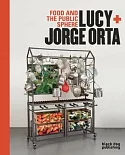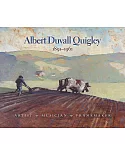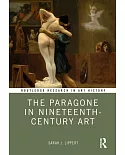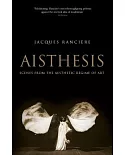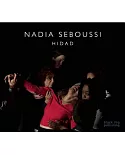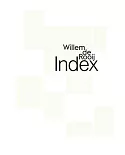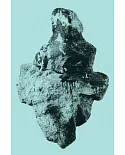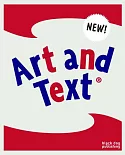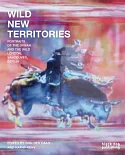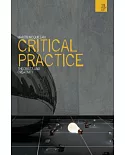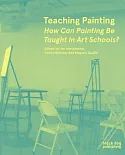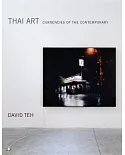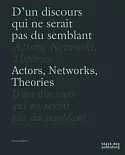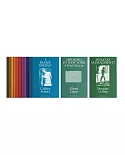This book brings together thirteen distinguished critics and scholars to explore children's art and its profound but rarely documented influence on the evolution of modern art. It shows that
children's art and childhood have inspired major works of art, served as central metaphors for artistic spontaneity and honesty, and provided a window into the fundamental human qualities
explored by modern artists.The volume complements editor Jonathan Fineberg's groundbreaking new book, The Innocent Eye (Princeton, 1997), in which he showed how many of the greatest masters of
modern art collected and were directly influenced by children's drawings. Contributors here both expand on Fineberg's themes and take the study of children's art in new directions. They
examine, for example, the influence of child art on such artists as Kandinsky, Klee, Larionov, and Miró; the diverse styles of children's art; the influence of Romantic ideas on perceptions of
children's art; the conception of giftedness versus education in children's drawings; and the relationship between children's art and primitivism. The book offers unique glimpses into the
working processes of great modern artists, presenting, for example, Dora Vallier's personal recollections of Miró and his creative process, and new documentation about the works of the Russian
avant-garde. The essays draw on art theory, psychology, and the close study of individual works of art and written texts. Discovering Child Art will appeal to a wide range of readers, including
art historians, psychologists, and art educators.Contributors to the book are Troels Andersen, Rudolf Arnheim, John Carlin, Marcel Franciscono, Ernst Gombrich, Christopher Green, Josef
Helfenstein, Werner Hofmann, Yuri Molok, G. G. Pospelov, Richard Shiff, Dora Vallier, and Barbara Wurwag.


